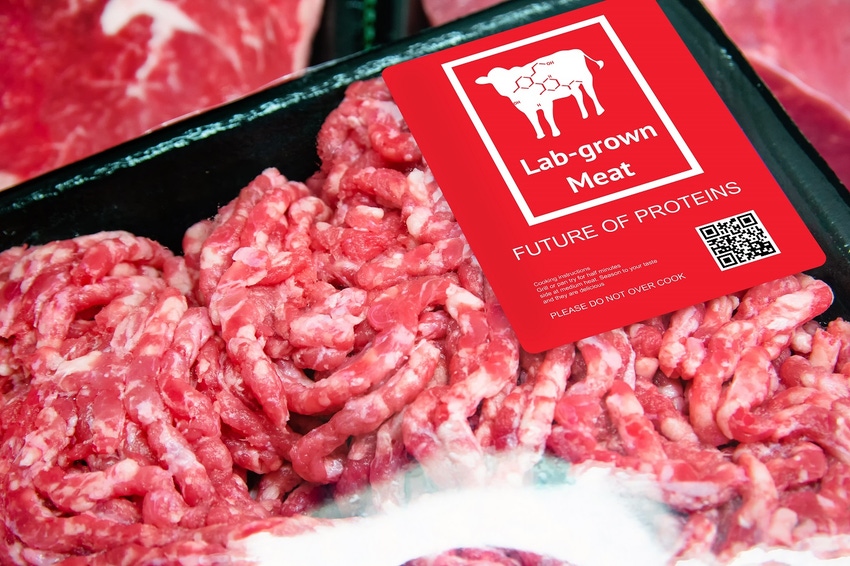
I have spent most of my adult life in a country that is knock-down gorgeous. Here on the eastern highland rim of middle Tennessee we have beautiful clear lakes fed by creeks and rivers that run year-around most years. The red oak is our county tree but we also have huge white oaks, post oaks, walnut, hickory, willow oaks and poplar. We have sassafras that grows big and makes boards that are six inches wide or more, are light and resist rot. The bark and roots make root beer and are capable of curing poison ivy and other maladies. Most of the year we have green grass.
For a long time our county has served as a major cattle and livestock movement area to the north and west. There is no shortage of cattle and livestock traders in our country. There are a few that are liars and cheats but a bull wagon driver told me years ago that cattle traders are all angels if you compare them to horse hucksters. I think he was correct, but compared to some of the stuff that is being peddled in the food industry today, even a horse trader does not seem very ugly.
Some supposedly educated scientists (the US is loaded with them), many of which have PhD behind their names, are behind and involved in the “fake meat” industry. I have real problems with these people from a standpoint of ethics and science and nutrition. I have problems with the lies. Yes, I also have some problems with the vegans and their movement. I have problems with the fact that at least three of the big-four meatpackers have invested millions of dollars into the fake meat companies -- actually I’m mad about it. Fake meat is worse than fake. It is dangerous.
I will agree that our conventional agriculture is full of dangers, problems and wrongdoings. But compared to these fake-meat hucksters, conventional agriculture is angelic.
Look at the negative aspects of their product:
It is inflammatory.
It lacks a complete essential amino acid profile.
It lacks effective fiber.
It lacks trace minerals and nutrient density.
It is near zero in quality fat (Omega 3s).
It is high in estrogenic compounds.
It has a high carbon footprint.
It is way overpriced.
It is based on chemical additives and genetic modified plant technology.
Even a vegetarian lifestyle is hazardous, and this food-like material is definitely “vegetarian.”
Even the Italians have been smart enough to outlaw similar junk: They have outlawed soy milk for infants. Now, I am a big advocate of a small government that mostly just fights wars to keep pirates off our shores and builds roads. But I do agree that the government needs to provide us some degree of protection against hucksters. Remember these idiots were all educated in public schools on our tax dollars.
I’ll remind any and all that our physical and mental bodies require quality meat for health and quality work and life. The number of nutrition-related diseases in our country continues to grow and be identified. There are a bunch of management programs in our industry that I believe are 180 degrees wrong. But the truth is that fake meat is not and will never be healing to the land and is dangerous to our health. The government (FDA) has not and likely will not test the product.
The fact is all of us need to gain and institute a working understanding of the natural model and the proper relationship of soil, plants, cattle with our nutrition and health. There are certainly a bunch of folks out there who are badly misinformed or just don’t care. Fake meat is a blaring example. Remember that the healthcare industry is quickly approaching 25% of our annual national product.
The opinions of the author are not necessarily those of Beef Producer or Farm Progress.
About the Author(s)
You May Also Like






